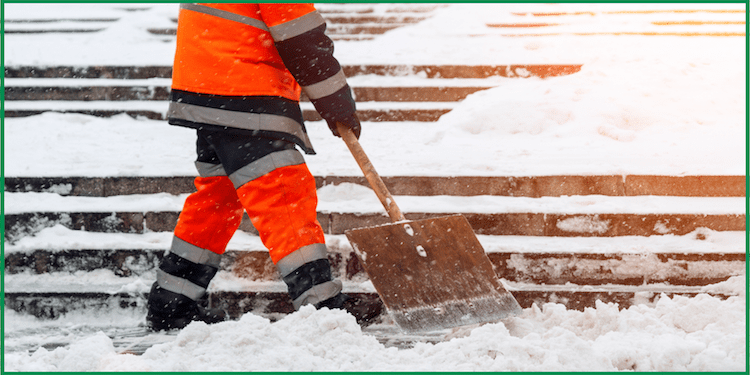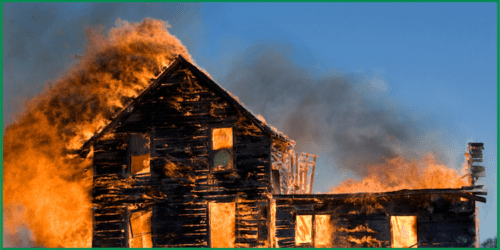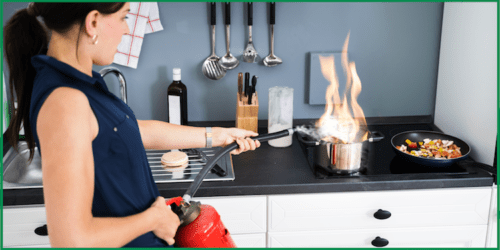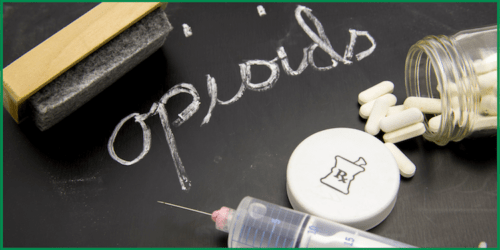Learning and knowing how to stay safe in the winter season should be a priority for everyone—spending the holidays in good health conditions is what we all hope to experience.
Winter is the coldest of all seasons in a calendar year, yet, the coldest season has the most celebrated holidays worldwide, such as Hanukkah, St. Nicholas Day, Kwanzaa, Christmas, the New Year, and the Three Kings Day.
Exposure to cold during these festivities period can cause life-threatening health conditions.
For safer indoor-outdoor, and transiting activities during the winter season, practice these tips:
Home Safety during Winter Season
A winterized home is what everyone deserves during the cold season. A well-heated home will keep family members warm through the winter season.
For a well-heated and safe home in the winter season, follow these tips:
- Use only approved indoor portable heating systems.
- Check and service heating systems regularly.
- Frequently clean out fireplaces and chimneys.
- Maintain smoke and fire alarm systems.
- Keep away combustible materials from heating systems.
- Attend to children and open flames—candles, stoves, lighters.
- Avoid overloading electrical circuits.
- Clear snow and ice that can damage the roof and avoid fall injury.
- Never leave automobiles running in an enclosed compartment—prevent carbon monoxide.
- Maintain an emergency kit that includes a first-aid kit, unperishable foods, fever medications, flashlights, batteries, etc.,
Outdoor Safety during Winter Season
Staying indoors all season long in winter is optional—but not recommendable. Human nature is to explore and stay active for better well-being.
For safe outdoor activities in the winter season, follow these tips:
- Dress warmly: Wear light and warm clothing in layers, a loose-fitting, wind-resistant coat, hand gloves, waterproof shoes, a woolen hat, and a neck scarf.
- Avoid commuting alone, but if you do so, inform someone of your outdoor activities and always have your phone fully charged.
- Minimize outdoor activities such as snow shoveling and walking carefully on ice and snow.
- Know when to stop shoveling: Activity in cold temperatures puts life at risk of heart attack, don’t be exhausted.
Outdoor Safety During Cold Season
Staying indoors all season long in winter is optional—but not recommendable. Human nature is to explore and stay active for better well-being.
For safe outdoor activities in the winter season, follow these tips:
- Dress warmly: Wear light and warm clothing in layers, a loose-fitting, wind-resistant coat, hand gloves, waterproof shoes, a woolen hat, and a neck scarf.
- Avoid commuting alone, but if you do so, inform someone of your outdoor activities and always have your phone fully charged.
- Minimize outdoor activities such as snow shoveling and walking carefully on ice and snow.
- Know when to stop shoveling: Activity in cold temperatures puts life at risk of heart attack, don’t be exhausted.
Vehicle and Driver Safety During Cold Season
Ice, snow, and sleet can lead to hazardous road conditions in the winter season.
If you must go to a place requiring transit, taking public transportation is safer. Whenever possible, avoid driving in bad winter conditions.
For safe automobile transiting in the winter season, follow these tips:
- Avoid driving alone, but if you do so, inform someone of your destination, route, and expected arrival time.
- Drive carefully, and avoid speeding. Drive according to the posted speed limit. It takes longer for a vehicle to stop on snow and icy road.
- Use the highways and major streets for travel whenever possible; these roadways are a priority in snow-clearing situations.
- If a skid happens, steer in its direction to avoid losing control of the vehicle and gaining traction.
Vehicle Road Safety in Winter
- Stay with your vehicle. Only try to walk to safety if help is visible within 100 yards. You could become disoriented in blowing snow.
- Display a troubling sign if help is needed; put up brightly colored cloth to the vehicle antenna and possibly raise the hood to alert rescuers.
- Start the car and use the heater for about 15 minutes every hour. Keep the exhaust pipe clear of snow to avoid the risk of carbon monoxide poisoning.
- Turn the overhead light on when the car is running for visibility.
- Move-in motions to keep blood circulating in your body and to keep you warm.
- Keep a window slightly open to let in the air—the opposite window to the wind direction.
Bottomline
Exposure to cold during the winter season can cause lifelong-threatening health conditions. There are other beautiful seasons we should look ahead to spend with our loved ones in good health.
Do you enjoy this reading? Kindly share with family, friends, and colleagues. Thanks 🙂



